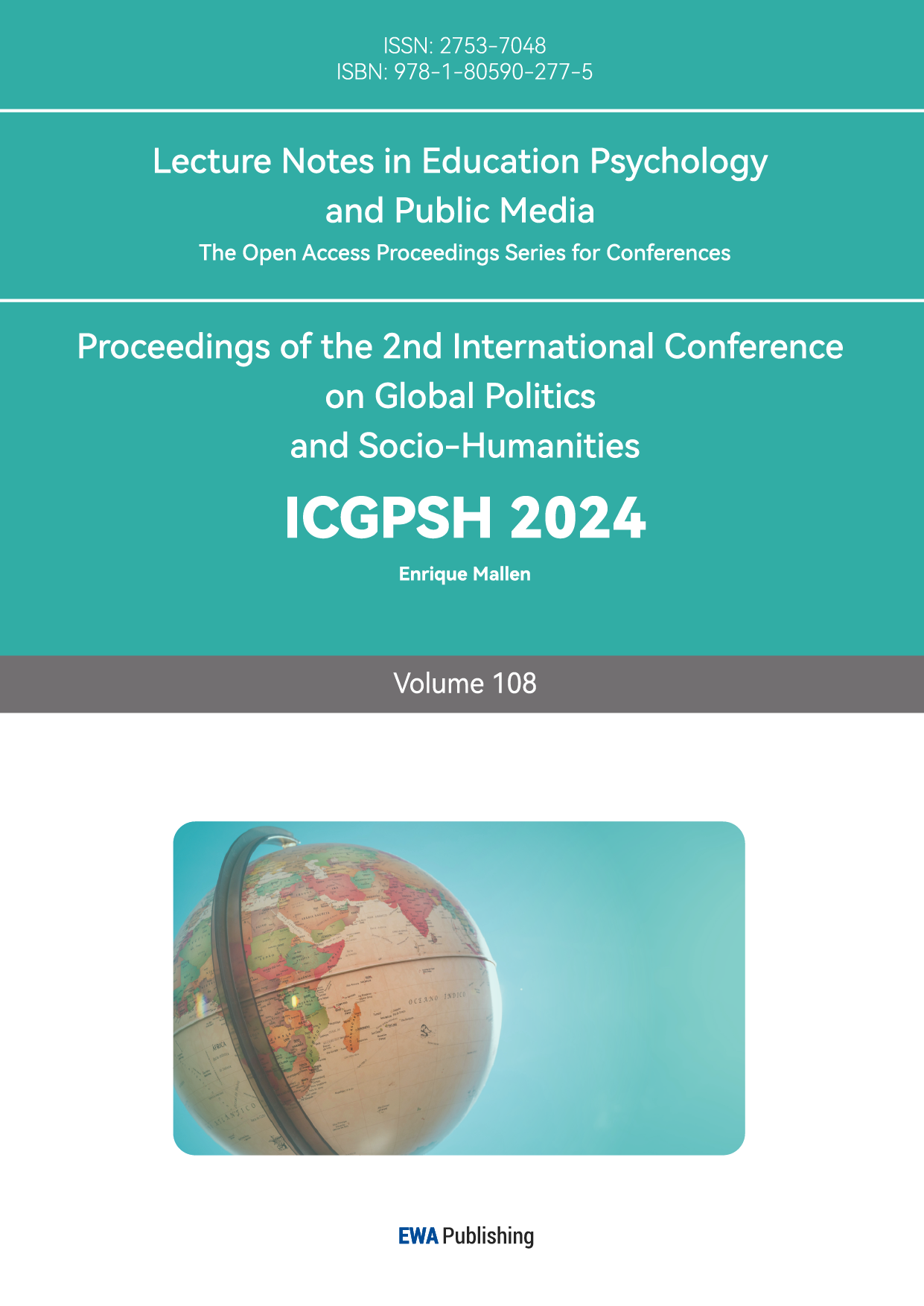References
[1]. Costa, P. T., Jr, McCrae, R. R., & Löckenhoff, C. E. (2019). Personality across the life span. Annual Review of Psychology, 70, 423–448. https: //doi.org/10.1146/annurev-psych-010418-103244
[2]. Lucas, R. E., & Donnellan, M. B. (2011). Personality development across the life span: Longitudinal analyses with a national sample from Germany. Journal of Personality and Social Psychology, 101(4), 847–861. https: //doi.org/10.1037/a0024298
[3]. Rakhshani, A., & Furr, R. M. (2021). The reciprocal impacts of adversity and personality traits: A prospective longitudinal study of growth, change, and the power of personality. Journal of personality, 89(1), 50–67. https: //doi.org/10.1111/jopy.12541
[4]. Wu, C.-H. (2016). Personality change via work: A job demand–control model of Big Five personality changes. Journal of Vocational Behavior, 92, 157–166. https: //doi.org/10.1016/j.jvb.2015.12.001
[5]. Shields, G. S., Toussaint, L. L., & Slavich, G. M. (2016). Stress-related changes in personality: A longitudinal study of perceived stress and trait pessimism. Journal of Research in Personality, 64, 61–68. https: //doi.org/10.1016/j.jrp.2016.07.008
[6]. De Vries, J. H., Spengler, M., Frintrup, A., & Mussel, P. (2021). Personality development in emerging adulthood: How the perception of life events and mindset affect personality trait change. Frontiers in Psychology, 12, 671421. https: //doi.org/10.3389/fpsyg.2021.671421
[7]. Koepke, S., & Denissen, J. J. A. (2012). Dynamics of identity development and separation–individuation in parent–child relationships during adolescence and emerging adulthood: A conceptual integration. Developmental Review, 32(1), 67–88. https: //doi.org/10.1016/j.dr.2012.01.001
[8]. Bedewy, D., & Gabriel, A. (2015). Examining perceptions of academic stress and its sources among university students: The Perception of Academic Stress Scale. Health psychology open, 2(2), 2055102915596714. https: //doi.org/10.1177/2055102915596714
[9]. Dweck, C. S. (2006). Mindset: The new psychology of success. Random House.
[10]. Oshio, A., Taku, K., Hirano, M., & Saeed, G. (2018). Resilience and Big Five personality traits: A meta-analysis. Personality and individual differences, 127, 54-60.
[11]. Crum, A. J., Salovey, P., & Achor, S. (2013). Rethinking Stress: The Role of Mindsets in Determining the Stress Response. Journal of Personality and Social Psychology, 104(4), 716–733. https: //doi.org/10.1037/a0031201



